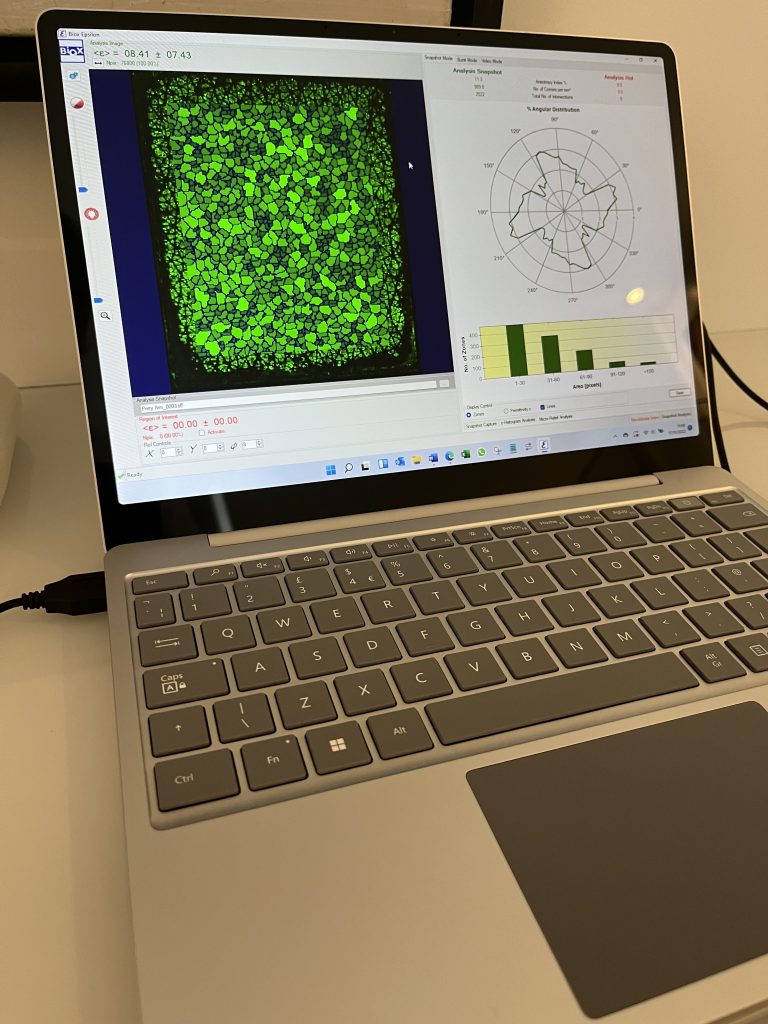Collagen is often called the body’s building block. It’s a crucial protein that provides structure to our skin, hair, nails, bones, and connective tissues. As we age, collagen production naturally decreases, which can lead to visible signs of aging. In this article, we’ll explore the rate of collagen loss in the body, its impact on our appearance, and how collagen supplementation may help enhance collagen production.
The Collagen Conundrum
Collagen production in the body follows a unique trajectory. It starts strong during childhood and adolescence, helping with growth, tissue repair, and overall health. However, as we enter adulthood, usually in our mid-20s to early 30s, collagen production begins to gradually decline at an average rate of about 1% per year.
This natural aging process of reduced collagen production can have various effects on our bodies. The most visible impact is on our skin, where collagen helps maintain its elasticity and firmness. As collagen levels decline, wrinkles may become more pronounced, and the skin can lose some of its youthful appearance. Collagen also plays a crucial role in joint health, and its decrease can contribute to joint stiffness and discomfort.
The Role of Collagen Supplementation
With the understanding that collagen production decreases over time, many individuals are turning to collagen supplementation to counteract this decline and potentially slow down the aging process. Here’s how collagen supplementation may help:
Improved Skin Health:
Collagen supplements, often derived from animal sources like bovine or marine collagen, provide the body with additional collagen. Consuming collagen peptides may support skin hydration, elasticity, and the reduction of fine lines and wrinkles. Studies have shown promising results in improving skin texture and appearance.
Joint Support:
Collagen is a crucial component of cartilage, the tissue that cushions our joints. Collagen supplementation may help reduce joint discomfort and stiffness, especially in individuals with age-related joint issues.
Hair and Nail Benefits:
Collagen is also a key contributor to hair and nail health. Some people report improvements in hair thickness and nail strength with collagen supplementation.
Bone Health:
Collagen is a significant component of bone tissue. While calcium and vitamin D are essential for bone health, collagen can complement these nutrients by promoting bone density and strength.
Choosing the Right Collagen Supplement
If you’re considering collagen supplementation, it’s essential to choose a high-quality product. Here are some tips:
Source: Collagen supplements can come from bovine, marine, or other sources. Select a source that aligns with your dietary preferences and sensitivities.
Type: There are different types of collagen (e.g., Type I, II, III) with various benefits. Type I collagen is most commonly associated with skin health, while Type II is often used for joint support. Choose a supplement that matches your specific needs.
Quality: Look for collagen supplements from reputable brands that undergo rigorous testing to ensure purity and potency.
Dosage: Follow the recommended dosage instructions on the product label or consult with a healthcare professional for personalized guidance.
Wrapping Up
Understanding the dynamics of collagen production in the body as we age allows us to make informed decisions about our health and appearance. While collagen production naturally decreases over time, collagen supplementation may offer a way to support skin, joint, and overall health. As with any supplement, it’s essential to consult with a healthcare provider before incorporating collagen into your routine to ensure it aligns with your individual health goals. Embracing a holistic approach that combines supplementation with a balanced diet and healthy lifestyle choices can contribute to graceful aging and optimal well-being.
How does Santi Know?
We run our own research lab where we do product testing using our scinetific instruments. We can test you too! Santi Skin Lab.

